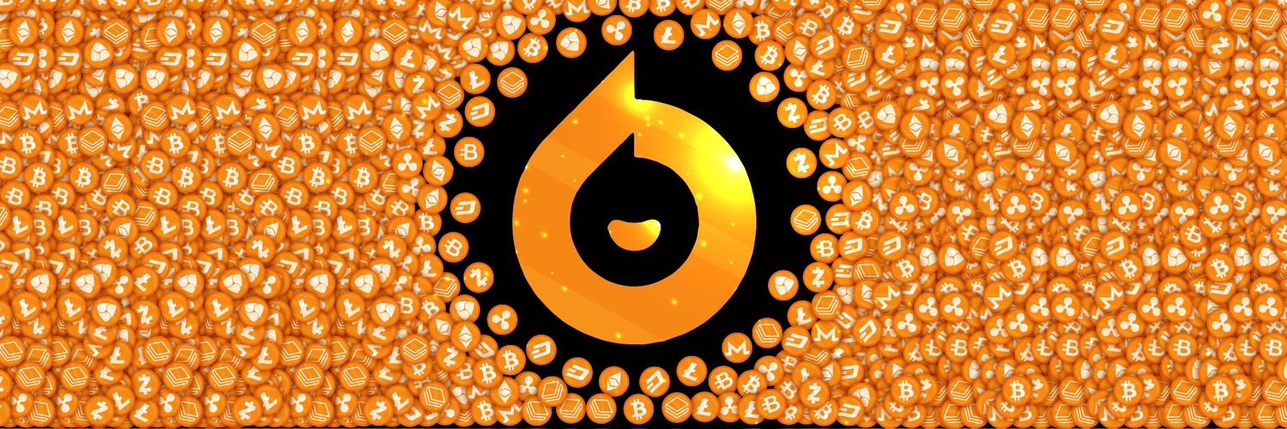Argentine court lifts Milei’s bank secrecy as LIBRA memecoin probe deepens
An Argentina court has ordered the Central Bank to lift the bank secrecy privileges of country President Javier Milei. This allows an examination of his financial records as federal prosecutors investigate his role in the LIBRA memecoin scandal.
Federal Judge Maria Servini made the order on May 16, over three months after the ill-fated X post from Milei. The President promoted the LIBRA memecoin in February, causing the price to soar significantly before it crashed due to a sell-off by insiders.
The crash of the LIBRA token led to massive losses for investors, with the token market cap reaching a peak of $4.5 billion. While Milei deleted the post and denies seeing any gains from promoting the token, judicial investigations and legislative inquiries have continued in Argentina.
According to local media outlet Pagina 12, the judge’s order affected the President’s sister, Karina Milei, Argentina’s secretary general, and three other associates.
In the letter addressed to the Central Bank of the Argentine Republic (BCRA), Servini asked for a report on all banks operating or operating an account for the President, his sister, and the other associates involved.
Per media reports, the Central Bank is expected to provide information from 2023 till the present, which will form part of a confidential file on the President as investigations continue. Although President Milei has denied any foul play in the matter, he is currently facing civil and criminal charges for his role in promoting the memecoin.
Meanwhile, the court has also ordered the freezing the accounts of three associates linked to the presidents. The three are Mauricio Novelli, a businessman with crypto ties, Manuel Terrones Godoy, a founding partner of Tech Forum, and Sergio Morales, a former advisor of the National Securities Commission.
According to reports, Noveli is the connection between Milei and one of LIBRA’s creators, Hayden Davis. Milei, his sister, and the three associates are already facing a civil lawsuit from victims of the incidents.
Interestingly, surveillance footage has surfaced showing Novelli’s mother, Maria Pia Novelli, and sister, Maria Alicia Rafaele, taking money from safes belonging to the businessman in a Banco Galicia branch in Buenos Aires on the next business day after President Milei promoted the token.
Experts report noted that the two entered the bank with empty bags and left almost an hour later with bags that appeared filled with money. Novelli had hired ten safety deposit boxes at the bank ten days before the Milei post.
Meanwhile, the outcome of the investigation could determine whether Milei would be prosecuted, given that criminal charges have been filed against him. Although the President of Argentina has insisted that he promoted it in good faith and has nothing to hide, he has already missed the virtual mediation hearing in the civil lawsuit.
Civil organizations and opposition leaders have also been calling for his impeachment. Some of those opposition lawmakers have also asked for an independent inquiry by the parliament to determine whether the President’s actions constitute abuse of office and market manipulation.
However, there are concerns that the investigations may not yield any result or justice for the victims, given that three months have already passed with no clear resolutions on the matter. Many believe that Milei’s influence as President could hamper any attempt to prosecute the case.
Interestingly, while the President and several associates came under fire, one of the major figures in the incident, Hayden Davis, appears to have escaped any form of investigation. Davis, also associated with other memecoins, including MELANIA, has been relatively quiet since the incident.
Your crypto news deserves attention - KEY Difference Wire puts you on 250+ top sites
$265m crypto scam: New Zealand man caught in FBI-led probe
A Wellington-based man was arrested in Auckland as part of an international investigation into a crypto scam operation allegedly stealing $265 million (NZD$450 million) from seven victims.
New Zealand’s Financial Crime Group made the arrest following an FBI-led probe into the criminal network. According to authorities , the cryptocurrency was fraudulently obtained between March and August 2024 through victim manipulation tactics, with the stolen funds laundered through multiple cryptocurrency platforms.
Over the past three days, search warrants have been executed in three locations—Auckland, Wellington, and California—resulting in multiple arrests, including the New Zealand suspect. A total of 13 individuals now face charges in connection with the scheme.
According to the details, the Wellington man has been accused by the US Department of Justice of racketeering (RICO). The charges also include conspiracy to commit wire fraud and conspiracy to commit money laundering.
Prosecutors allege the defendants used the funds from the crypto scam to fund an extravagant lifestyle. They also spent approximately $9 million on exotic cars, hundreds of thousands of dollars on luxury handbags, watches, and clothing, and up to $500,000 per evening on nightclub services.
Other purchases allegedly included private security guards and high-end rental properties in Los Angeles, the Hamptons, and Miami.
Following an appearance in Auckland District Court, the man was granted bail and received interim name suppression. He is scheduled to reappear in court on July 3.
According to a U.S. Department of Justice statement , the superseding indictment unsealed charges against 12 additional people. This includes both American and foreign nationals for allegedly participating in the cyber-enabled racketeering conspiracy. Several suspects were arrested in California this week, while two remain abroad and are believed to be living in Dubai.
The criminal enterprise allegedly operated from October 2023 through March 2025, with members reportedly acquiring a fleet of at least 28 exotic cars ranging in value from $100,000 to $3.8 million.

New Zealand man arrested for involvement in $265 million cryptocurrency scam
New Zealand police issued a notice announcing that a Wellington man was arrested in Auckland for his alleged involvement in a global cryptocurrency fraud operation led by the FBI. The criminal group stole $265 million (NZ$450 million) worth of cryptocurrency from seven victims and then laundered the money through multiple platforms between March and August 2024. New Zealand police said that in the past three days, search warrants have been executed in Auckland, Wellington and California, and several people have been arrested, one of whom is in New Zealand. A total of 13 people face charges. The U.S. Department of Justice has filed an indictment against the Wellington man under U.S. federal law, accusing him of racketeering conspiracy (RICO), conspiracy to commit wire fraud, and conspiracy to commit money laundering. The man appeared in the Auckland District Court today and was temporarily banned from revealing his name. He has now been released on bail. He will appear in the Auckland District Court again on July 3, 2025. (Cointelegraph)

Tornado Cash co-founder Roman Storm to stand trial on July 14, US Justice Department withdraws some charges
Tornado Cash co-founder Roman Storm will go to trial on July 14. The U.S. Attorney's Office for the Southern District of New York said on Thursday that it would not move forward with some charges related to "unlicensed money transmission business", but would still file lawsuits for "money laundering", "partial unlicensed transmission" and "conspiracy to violate the International Emergency Economic Powers Act". The DeFi Education Fund said: "Although this is consistent with the April 2025 Department of Justice memorandum, which called for an end to 'prosecution instead of regulation' and stopped prosecuting registration violations, it does not completely correct the Department of Justice's mistakes in this case." Coin Center Executive Director Peter Van Valkenburgh also expressed disappointment: "This criminal law provision is ambiguous with the Bank Secrecy Act, and the principle of lenient interpretation should be invoked to rule in favor of the defendant."



 最低価格
最低価格 最高価格
最高価格 


















